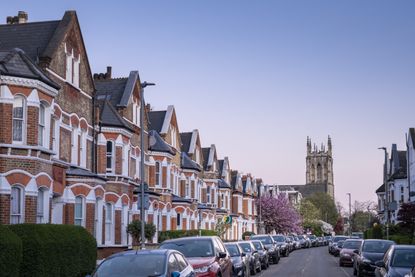Mortgages
The latest news, updates and opinions on Mortgages from the expert team here at MoneyWeek
-

What’s happening with UK house prices? Latest property market moves and forecasts
House price growth appears to be on the rebound following a subdued 2025. Where are prices heading in 2026 and beyond?
By Daniel Hilton Last updated
-

Should you fix your mortgage or opt for a variable rate?
With the Bank of England potentially set to announce more interest rate cuts in 2026, homeowners may wonder if it’s best to opt for a fixed rate or variable rate mortgage.
By Laura Miller Last updated
-

Is now a good time to buy a house?
Interest rate cuts and booming housing supply may make it cheaper to get on the property ladder in 2026 but there are other factors to consider
By Daniel Hilton Last updated
-

Mortgage market reforms: how the FCA's new affordability rules could help you onto the property ladder
The Financial Conduct Authority (FCA) will consult on a range of changes to mortgage lending rules in 2026 to help underserved borrowers
By Marc Shoffman Published
-

Buying vs renting: is is better to own or rent your home?
The higher mortgage rates of recent years have actually made renting comparatively cheaper, analysis suggests. But there are hidden costs to long term renting.
By Marc Shoffman Last updated
-

Big Short investor Michael Burry warns of an AI bubble
Profile Michael Burry rightly bet against the US mortgage market before the 2008 crisis. Now he is worried about the AI boom
By Jane Lewis Published
Profile -

'After property renovation costs spiralled, I had no choice but to get a second charge mortgage'
After unprecedented events wreaked havoc on a couple's property renovation plans, they turned to a second charge mortgage. What are they and how do they work?
By Samantha Partington Published
-

Green mortgages: how do they work and how much can you save?
Most high-street lenders now offer some kind of green mortgage deal. We look at who’s eligible, how to apply and the mortgage rates and cashback on offer
By Ruth Emery Published
-

Time to remortgage? Everything you need to know to get the best deal
A mortgage is likely to be your biggest monthly expense, which makes securing the best rate and terms crucial when it’s time to remortgage
By Samantha Partington Last updated
